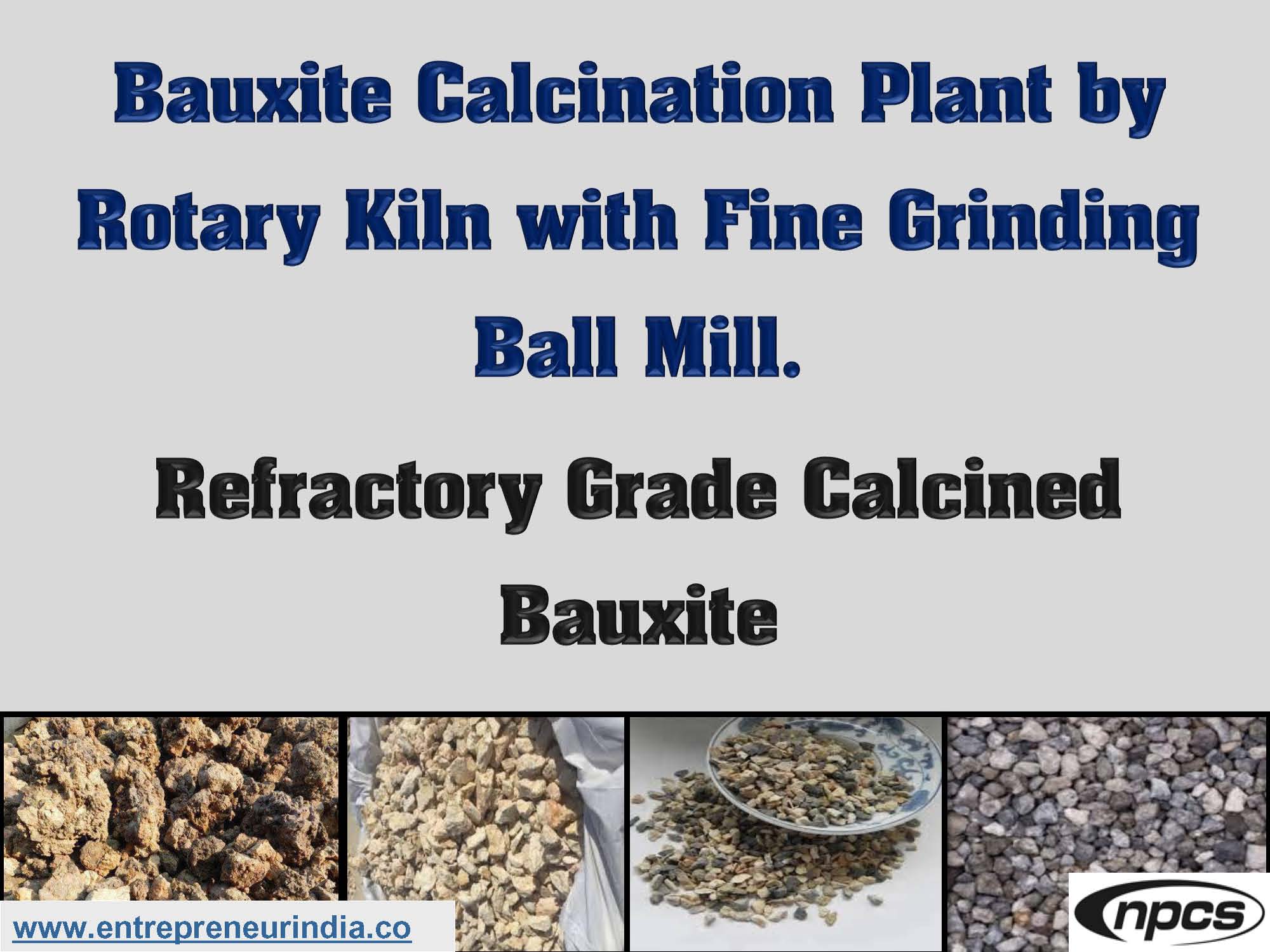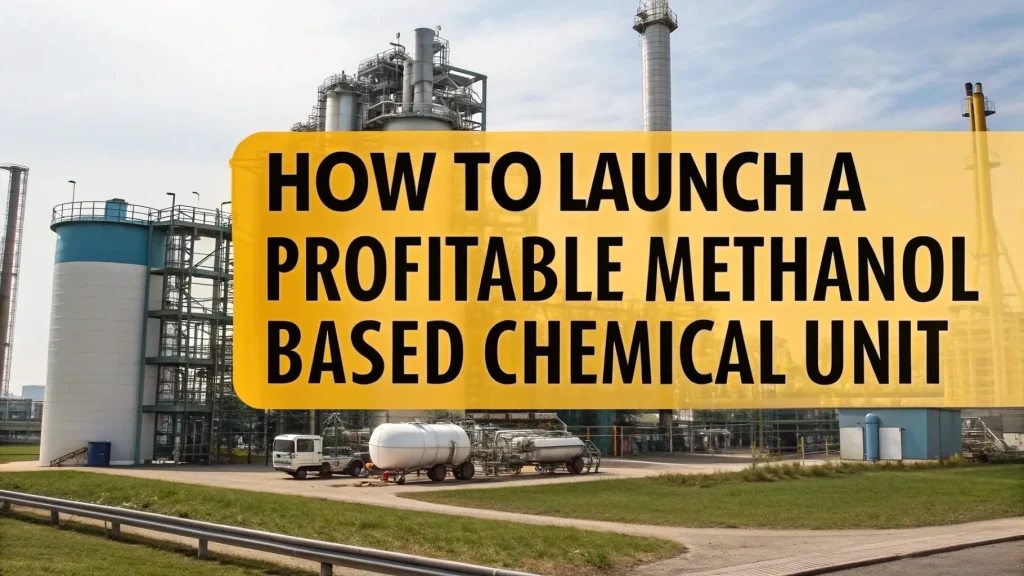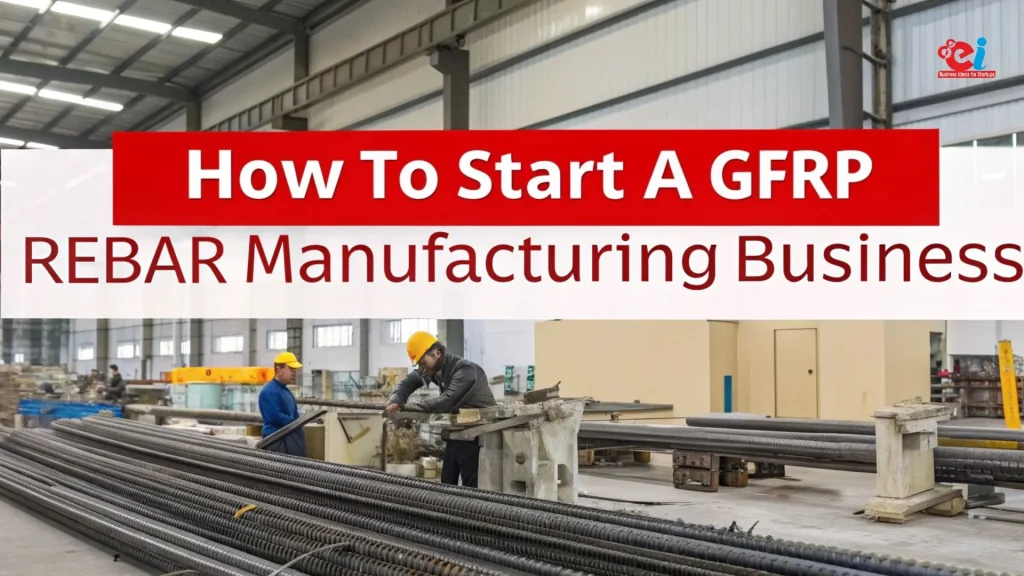
The Bauxite Calcination Plant plays a critical role in the processing of bauxite ore into value-added materials, particularly in the production of refractory-grade alumina and other high-temperature-resistant products. Utilizing a rotary kiln and fine grinding ball mill, this setup transforms raw bauxite into calcined bauxite, which is a key material in refractory bricks, abrasives, ceramics, and aluminum metallurgy. As demand for high-grade processed bauxite continues to rise globally, establishing a modern Bauxite Calcination Plant becomes a highly viable business opportunity with lucrative returns.
Industry Scope and Market Demand
The global need for processed alumina and its derivative products is on a steady incline, primarily driven by the metals, ceramics, and construction industries. A Bauxite Calcination Plant is designed to meet this demand by converting raw bauxite into calcined bauxite through high-temperature treatment, enhancing its thermal and mechanical properties.
India holds vast reserves of bauxite and is one of the leading producers globally. States like Gujarat, Odisha, Jharkhand, and Maharashtra offer strategic locations for setting up calcination plants. Moreover, with rising exports and domestic consumption in steel, cement, and refractories, the demand for calcined bauxite is growing steadily, making this a promising venture.
Raw Materials and Inputs
The primary input for a Bauxite Calcination Plant is naturally occurring bauxite ore. It should have a high aluminum content (typically above 50% Al?O?) and low impurities like iron oxide or silica. Additional materials and resources include:
-
Fuel: Coal, pet coke, or natural gas for kiln firing
-
Electricity: Required for ball mills, crushers, and auxiliaries
-
Refractory bricks and insulation: To line the rotary kiln
-
Water supply: Minimal, for cooling systems and dust control
-
Limestone (optional): Used in some processes to reduce impurity reaction
Long-term procurement contracts with mines or aggregators ensure price and supply stability for uninterrupted plant operations.
Manufacturing Process of Calcined Bauxite
A Bauxite Calcination Plant uses rotary kiln technology in combination with fine grinding via a ball mill to produce high-quality calcined bauxite. The step-by-step process includes:
Crushing and Screening
The raw bauxite ore is crushed using jaw crushers or hammer mills and screened to remove oversized material and fines.
Feeding into Rotary Kiln
The crushed ore is then fed into a rotary kiln, a cylindrical furnace rotating on its axis, which is preheated to 800–1600°C depending on the final product requirement.
Calcination Process
Inside the kiln, the bauxite undergoes thermal decomposition. Volatile compounds are burned off, and the ore structure changes to form dense, thermally stable calcined bauxite.
Cooling and Discharge
Post-calcination, the hot material is cooled using forced air or water spray and then transferred for grinding.
Fine Grinding Using Ball Mill
To achieve required granularity or powder form, the calcined material is ground in a ball mill. This ensures uniformity and enhances reactivity, especially if used for refractory or chemical applications.
Sieving and Packaging
Ground material is sieved for particle size classification and packed in 25 kg, 50 kg, or jumbo bags for dispatch.
Machinery and Equipment Needed
Establishing a Bauxite Calcination Plant involves a set of core and auxiliary machinery:
-
Primary Crusher and Screening Units
-
Rotary Kiln (with burner, refractory lining, and drive system)
-
Fine Grinding Ball Mill
-
Dust Collection System (cyclones, bag filters)
-
Material Handling Equipment (conveyors, hoppers, elevators)
-
Control Panel and Automation System
-
Cooling Systems and Air Blowers
Small-scale units can start with ?50–?75 lakh investment, while large-scale or export-grade units may require ?1.5–?3 crore depending on automation and output capacity.
Area, Utility, and Manpower Requirements
To operate a Bauxite Calcination Plant, the minimum land requirement is around 4000–6000 sq. ft., depending on scale. Essential utilities include:
-
3-phase electricity for high-load machinery
-
Fuel source (coal storage, gas pipelines, or diesel tanks)
-
Industrial water connection
-
Ventilation and fire safety measures
In terms of labor, a typical unit would require:
-
Plant operator and kiln technician
-
Material handlers and machine operators
-
Maintenance and electrical technicians
-
Quality control supervisor
-
Administrative and logistics personnel
Total employment ranges between 12 to 30 people, depending on automation levels.
Licensing and Legal Compliance
Starting a Bauxite Calcination Plant involves the following statutory approvals:
-
Factory License from state industries department
-
Consent to Establish & Operate from Pollution Control Board
-
Environmental Clearance (EC) for kiln operations
-
Mines & Mineral Trading License (if sourcing directly)
-
GST and MSME Registration
-
Fire & Safety Compliance (mandatory for kiln-based operations)
If exporting, certification like ISO 9001 or product analysis reports per BIS standards may be necessary.
Applications of Calcined Bauxite
Calcined bauxite produced from a Bauxite Calcination Plant finds applications in a variety of sectors:
-
Refractory Bricks: Used in furnaces, steel plants, glass industries
-
Abrasives: Sandpapers, grinding wheels, and polishing compounds
-
Alumina-based Cement: High-temperature cement for chemical industries
-
Ceramic Glazes and Insulation
-
Road surfacing: Anti-skid surface coatings
-
Welding fluxes and spark plug insulators
This wide range of applications supports demand stability and pricing strength.
Marketing and Sales Strategy
Sales and distribution for a Bauxite Calcination Plant can be approached via:
-
Direct supply to refractory and cement manufacturers
-
Bulk sales to export houses
-
Tie-ups with steel plants and ceramics factories
-
Participation in industrial procurement tenders
-
Listing on B2B portals like IndiaMART, TradeIndia, Alibaba
-
Own brand development for powder or fine bauxite in specialty markets
Attending industrial expos or metallurgy trade fairs can also open up international buyer connections.
Financial Viability and ROI
The profitability of a Bauxite Calcination Plant depends on plant capacity, fuel efficiency, and product purity.
-
Raw bauxite cost: ?1,500–?3,000 per ton
-
Calcined bauxite price: ?8,000–?20,000 per ton depending on Al?O? content
-
Production cost (incl. fuel & labor): ?5,000–?9,000 per ton
-
Gross profit margin: 30–50%
-
Break-even period: 2–3 years for a medium-scale unit
Exporting high-alumina or low-iron bauxite grades to Europe, Japan, or the Gulf can boost ROI significantly.
Sustainability and Waste Management
Modern Bauxite Calcination Plants are now adopting eco-friendly measures such as:
-
Waste heat recovery systems for preheating
-
Bag filter dust collection to control emissions
-
Refractory-lined kilns for energy efficiency
-
Crushed by-product reuse in road works or as fillers
These practices help reduce the environmental impact and comply with stricter regulatory norms.
Conclusion
A Bauxite Calcination Plant is a technically sound and commercially promising venture, particularly in regions with abundant bauxite reserves. With increasing applications in refractory materials, abrasives, cement, and non-ferrous metallurgy, the demand for calcined bauxite is projected to grow steadily. Combining a rotary kiln with a fine grinding ball mill ensures high-quality output with industrial consistency. For entrepreneurs and industrialists aiming to invest in minerals processing, this is a venture with long-term scalability, high demand, and robust return on investment.
Niir Project Consultancy Services
An ISO 9001:2015 Company
106-E, Kamla Nagar, Opp. Spark Mall,
New Delhi-110007, India.
Email: npcs.ei@gmail.com , info@entrepreneurindia.co
Tel: +91-11-23843955, 23845654, 23845886, 8800733955
Mobile: +91-9811043595
Website: www.entrepreneurindia.co , www.niir.org





